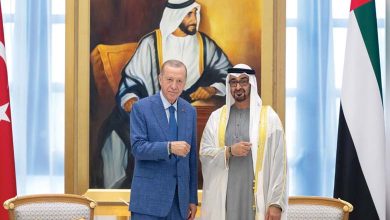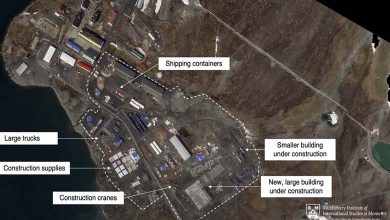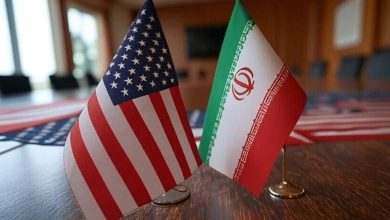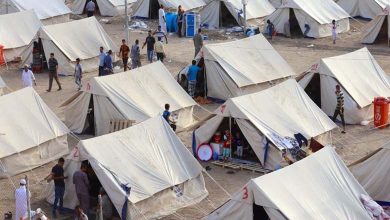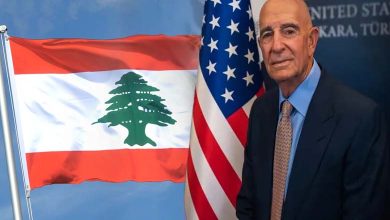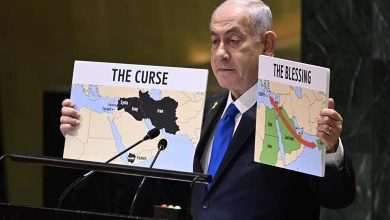Sudan would establish Partisan power-sharing cabinet
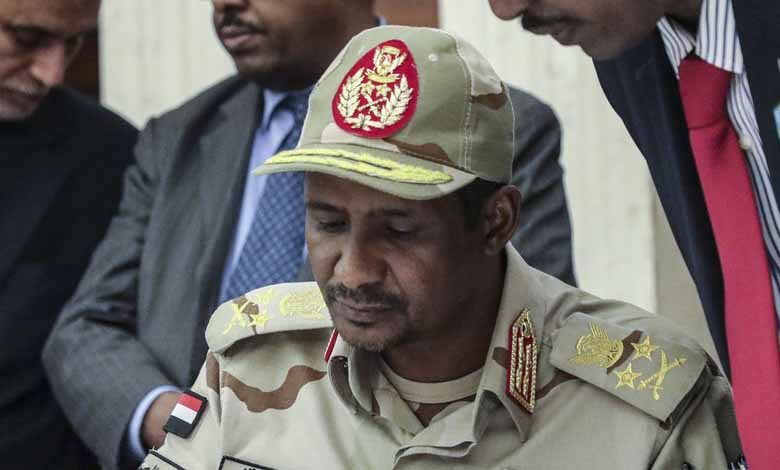
It’s expected that Sudan would form the new transitional government after a nearly six-month stop about conflicts between political parties.
A Sovereign Council source informed Asharq Al-Awsat that the nominated candidates are experiencing security inspection. In fact, the postponement in establishing the new government has aggravated living, economic, and security conditions in the country.
Moreover, the government has been accused of failing to hold former regime personalities accountable, and bring those accused of murder protesters to court, and complete establishing the transitional government institutions. The Forces of Freedom and Change (FFC) have held technocrats responsible for these failures.
Thus, the ruling coalition declared appointing politicians to become members of the new government.
Indeed, FFC members have been debating for months about power-sharing, which lead to the delay in government formation. After popular demands, the ruling coalition and its peace partners declared that the government would be formed on Feb. 5. It also declared that the appointment of state governors and reshuffle the Sovereign Council on Feb. 11, besides to the completion of the formation of the Legislative Council (transitional parliament) on Feb. 25.
Furthermore, the FFC designated 51 candidates for 17 portfolios, three for each ministry for Prime Minister Abdalla Hamdok to choose one. The Sudanese Revolutionary Front (SRF) designated seven candidates for its seven portfolios, providing that the military members in the Sovereign Council choose the defense and interior ministers. While the National Umma Party obtain the highest share in the new government that is expected to be declared on Sunday.
It should indicate that since August 2019, a transitional government — included civilians and military officials, has taken over the reins of power in Sudan. The government was established under a 39-month power-sharing deal between the military and civilian groups, after the removal of long-time President Omar al-Bashir.
The Transitional Military Council (TMC) and the FFC contracted the deal that provided for the founding of a joint civilian-military sovereign council that would rule Sudan when elections are organized.
The declaration said that a military leader would head the 11-member Sovereign Council for the first 21 months, followed by a civilian leader for the next 18 months, and according to the deal, the opposition coalition is allowed to choose five members of the council and the military another five, and the two sides jointly choosing a civilian as an eleventh member.
The constitutional declaration also gave the FFC the power to establish the government and choose 67 percent of the 300 members of the Transitional Legislative Council.
The countries also include a civilian government of technocrats led by Hamdok, in response to popular demands to prevent forming a partisan power-sharing government during the transitional period. Nevertheless, several ministers were slammed and faced popular demands to be dismissed for failing to effectuate their duties during the transitional period.
Also, in July 2020, Hamdok substituted seven senior cabinet post-holders as part of a sweeping reshuffle. He also named interim replacements to lead these ministries until the FFC, which is the current political reference of the interim government, designates new ministers. However, several parties postponed naming these ministers, awaiting the peace partners who signed the Juba Peace deal in October 2020.
The peace deal was contracted by the government and many armed groups affiliated with the SRF.
Under the deal, armed movements would be granted 25 percent representation in the government, two portfolios (defense and interior) to be headed by the military component, 17 seats for the FFC, and three seats were agreed to be allocated to the Transitional Sovereign Council. Whereas, the Transitional Legislative Council was granted 75 percent representation.
Consequently, the new government is expected to contain 26 ministries instead of 20.


